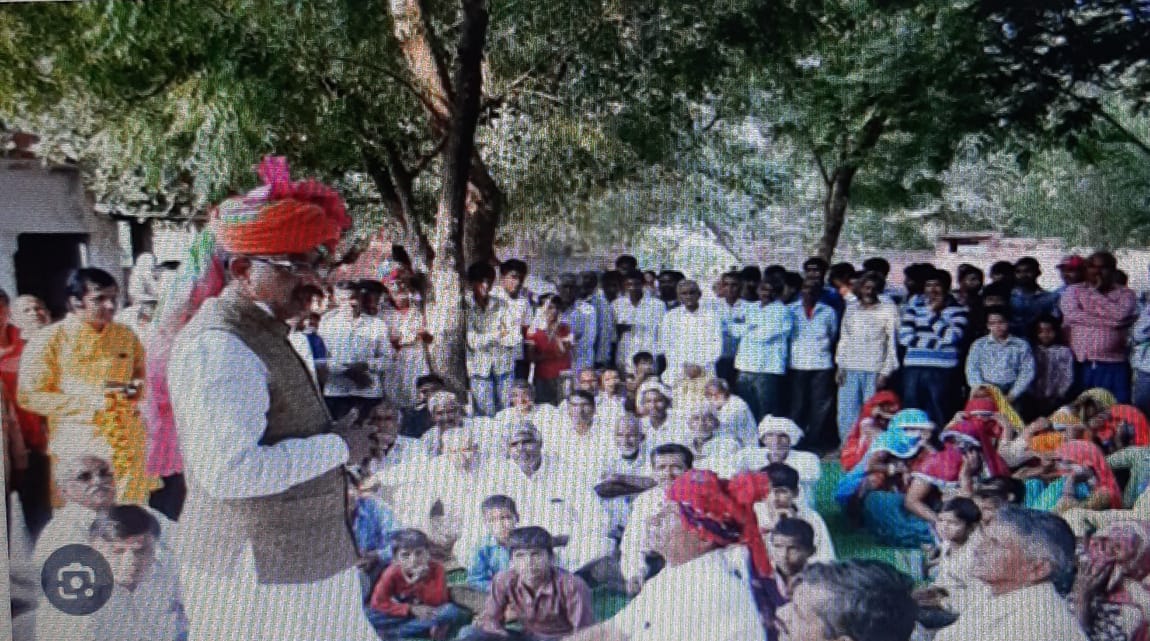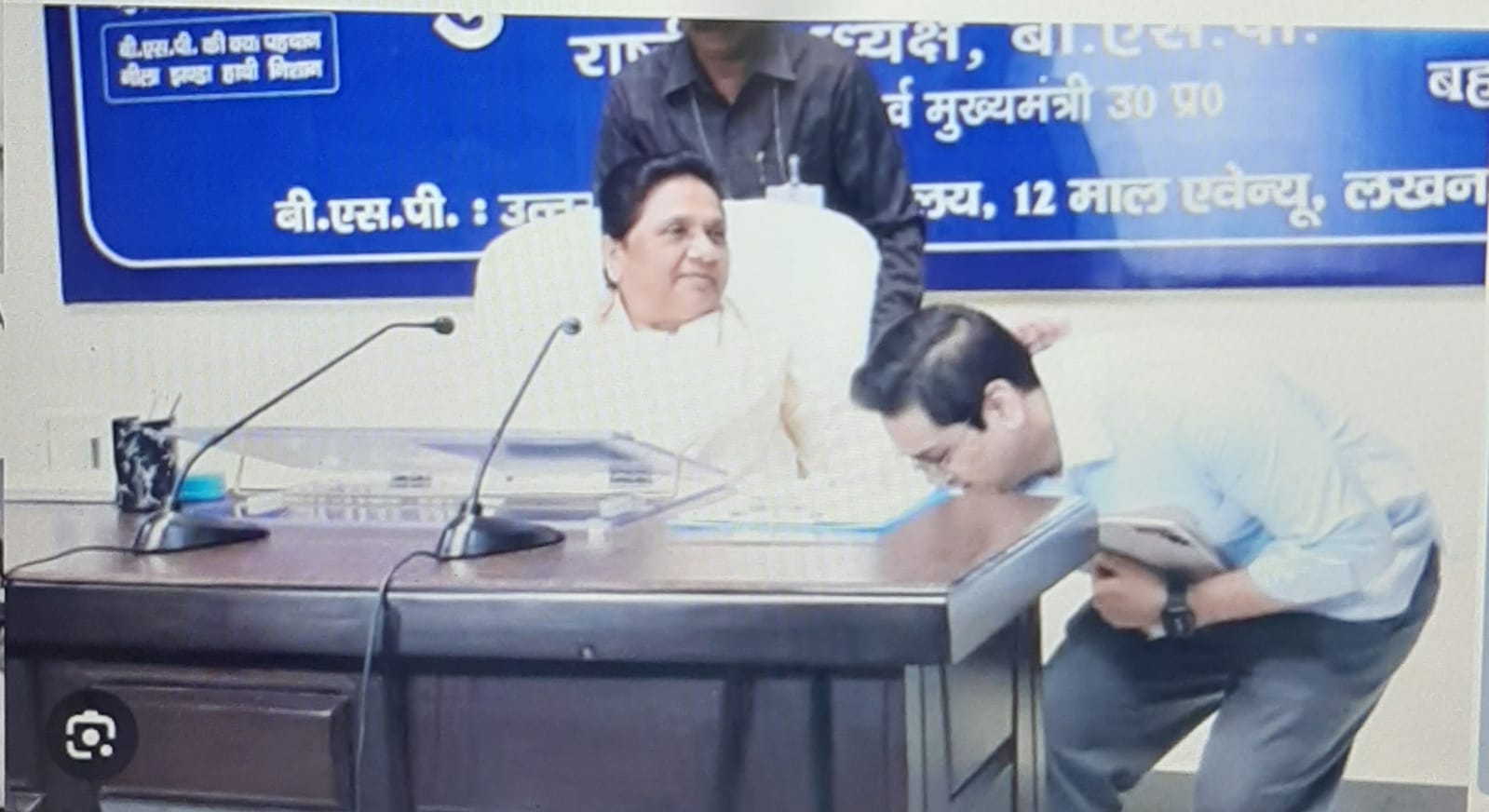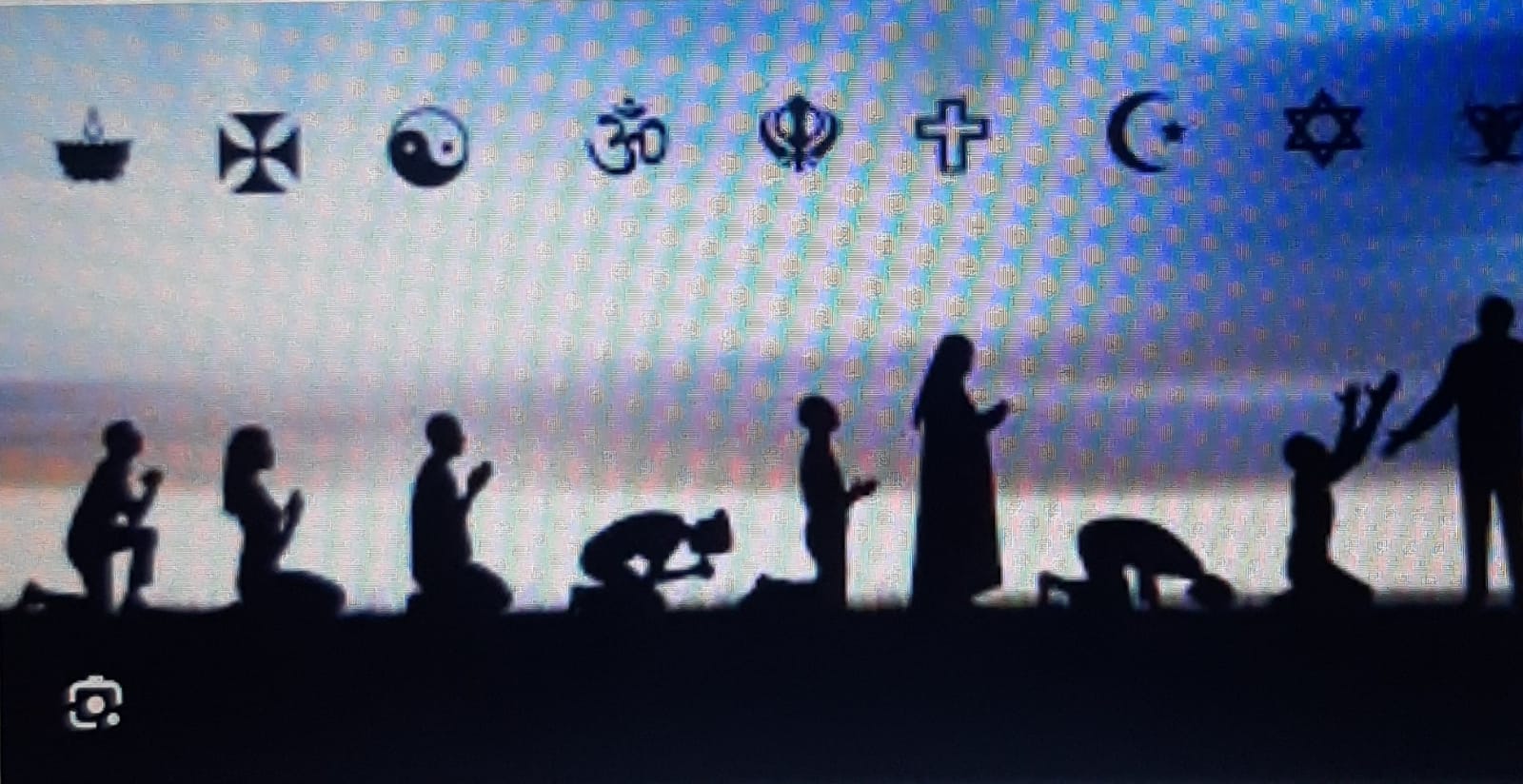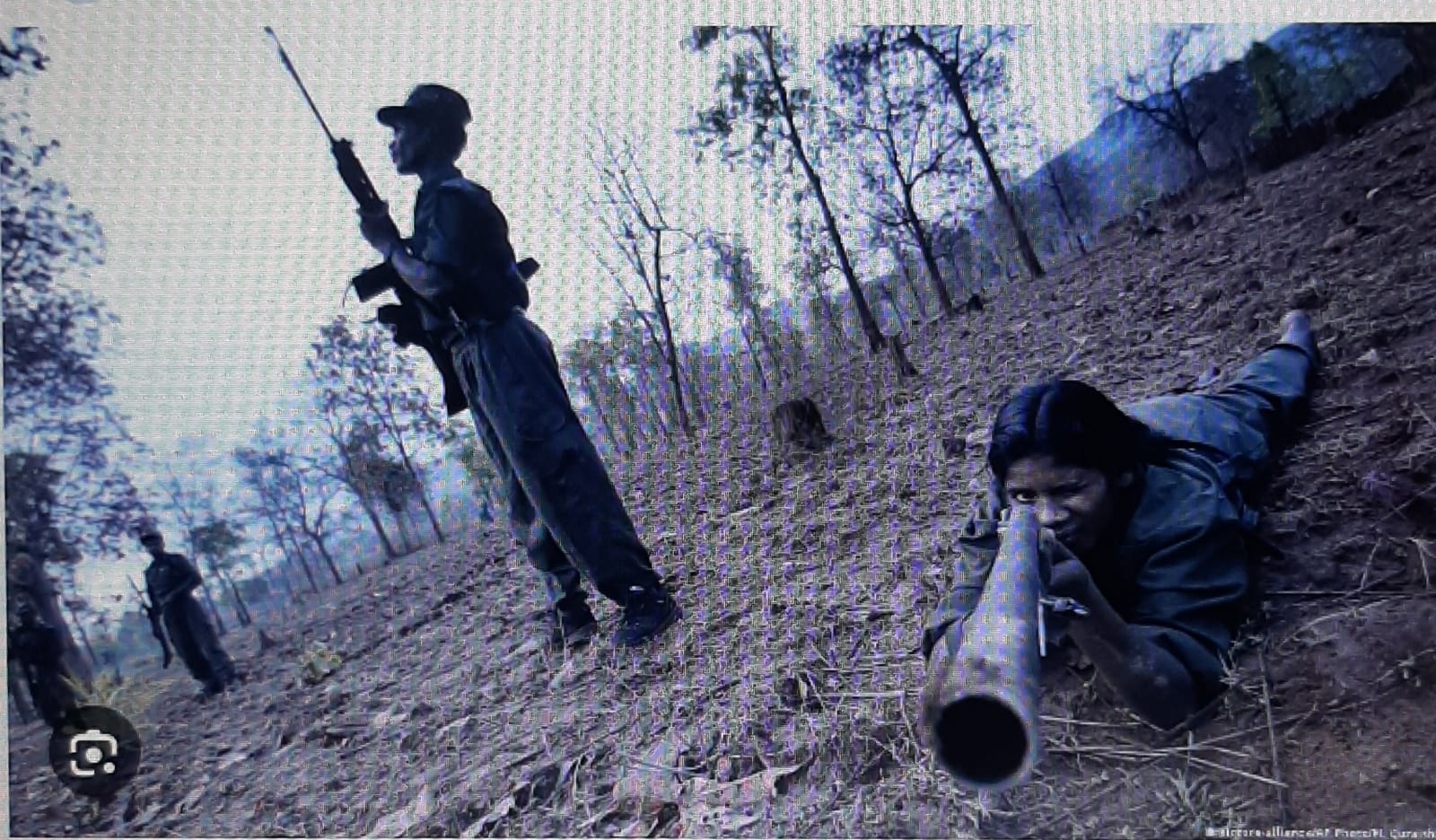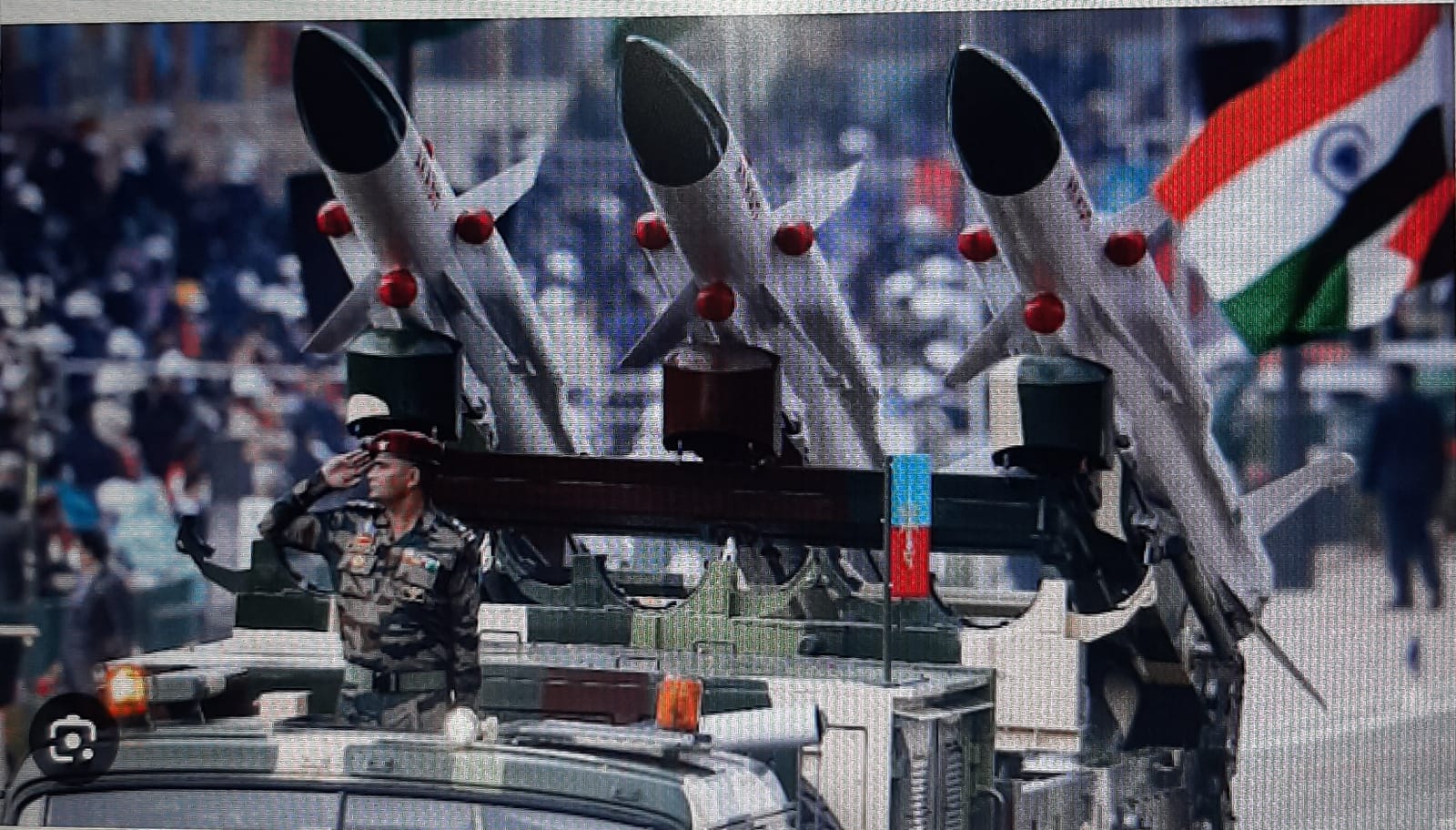
For any nation to survive in this competitive world with dignity and to be respected by other nations- having decisive economic and military might is a prerequisite. Obviously, no nation can dare take on a strong superpower as doing so will cost very dearly as was the case in the aftermath of the horrific 9/11 incident in the USA. India has no doubt potential to achieve these two targets, writes former IAS officer V.S.Pandey.
Currently there is preponderating coverage in newspaper as well as electronic media reports about the regime changes that have taken place in our neighborhood. It all began with Maldives where a pro-China leadership took over. This was followed by ousting of the elected government in Bangladesh and now a Leftist President has taken over in Sri Lanka. Experts on foreign policy are also apprehensive about the issue. The question is -should India be so prodigiously worried about happenings in its neighborhood -as is being presented to the people?
In the oft quoted words of a senior global statesman “we have not eternal allies and we have not perpetual enemies. Our interests are eternal and perpetual and those interests it is our duty to follow.” It is common knowledge that there are no permanent friends or foes as far as relations between nations are concerned. National interest is and should be the sole guiding principle to determine whether courting other countries is necessary or not. The same principle applies in our relationships with our neighbors. Only that policy needs to be followed which is in our best national interest.
History is testimony to the fact that only those nations could prosper that had strength, both internal and external. They redrew the global map at their imperious will – the brutal truth that boundaries of most of the weaker nations were drawn by those omni powerful imperialists who had tremendous economic and military might. A poor nation with weak economic fundamentals can never stand up to their might. Prosperity ensures military might. Why is most of the world dictated to by the USA? It is because the US is a country with humungous economic might which led to it acquiring unmatched military prowess and its superpower status. The entire world looks towards the US immediately whenever any major crisis erupts involving any nation across the globe. It is due to its military might which flows from its economic might.
The bottom line is, for any nation to survive in this competitive world with dignity and to be respected by other nations- having decisive economic and military might is a prerequisite. Obviously, no nation can dare take on a strong superpower as doing so will cost very dearly as was the case in the aftermath of the horrific 9/11 incident in the USA. Two nations were completely destroyed as a consequence and the world was forced to choose to either be with them or against them. The USA rewrote the rules of business of the international order.
We are purportedly on course to become a five trillion economy but we continue to dread regime changes in our neighborhood and are failing to curb China’s growing influence there. When any nation democratically elects a government, we as the biggest democratic nation have to learn to do business with them without bothering about the ideology of the ruling dispensation there. At times, due to the short-sighted policies of many regimes, things don’t go the way we want as a nation, albeit temporarily. That is not worrisome. We have to see our relationship with that particular nation in a historical context and behave objectively. Short term aberrations remain short term only if decisions are taken keeping the national interests in mind. India knows that only its intrinsic strength safeguards any nation’s independence.
Pragmatism lies in dealing with nations and their regimes as they are -warts and all – unless they turn hostile. How to deal with hostile regimes is well known and that forms a part of our proficient statecraft. ’’Tit for tat” is the age old policy to be applied in such cases whenever regimes act beyond logic. Ultimately, comparative strengths determine the outcomes of any deliberations, though we tend to label it “diplomacy”. In today’s world, as was in the past, the weak nations have no voice. The immutable law of nature is the survival of the fittest- it is a harsh reality which cannot be ignored. In 1700 AD, India had a 24.4% world GDP share and was being wooed globally. India was dictating farmans imperiously and was the coveted sink of all the world’s gold.
So, the way forward is to at least quadruple our economy in the next ten to fifteen years. It is feasible – as our neighbor China-accomplished it in less than two decades. India has reached a stage where prudent policies are required for becoming an economic superpower. Secondly, India even today is the biggest importer of arms, which remains its biggest weakness as became apparent in the recent years. Whatever is needed to remain militarily strong, needs to be done now. Many nations have developed capabilities to manufacture fighter planes, civilian planes, naval capabilities and all other essential armaments- why can’t we? Remaining dependent on other countries for our military supplies is bound to affect us adversely in wartime. Some efforts towards indigenization can be termed as too little and too late. Still, it is better late than never. Two fold strategies are urgently required to be prioritized and implemented as national agenda – firstly -increasing our economic prowess to become at least a 12 to 15 trillion dollar economy in the next fifteen years and secondly, achieving self-sufficiency in the production of our military hardware.
This is an achievable target. All it requires firstly is a vision and then a well-defined plan of action in a specified timeframe of a decade or so for achieving this goal. India is well endowed with skilled human and material resources to do it. Undoubtedly India only needs visionary leadership to execute policies that enable it to realize its infinite potential. As the renowned philosopher Bertrand Russell had so aptly said “The whole problem with the world is that fools and fanatics are always so certain of themselves, but wiser people so full of doubts.”
(Vijay Shankar Pandey is former Secretary Government of India)




